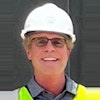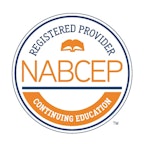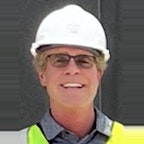Energy Storage Associate Boot Camp

About this course
This course is included in these bundles
Course outline
Welcome • 12 assignments
Orientation Materials
Module 1 • 7 assignments
History of Energy Storage, Markets and Applications for ESS's, and Safety Basics
Module 2 • 8 assignments
Energy Storage Fundamentals
Module 3 • 15 assignments
Common components for Energy Storage Systems
Module 4 • 11 assignments
Various Energy Storage System Topics.
Module 5 • 32 assignments
More ESS!
Conclusion • 5 assignments
Feedback and Additional Resources
Continuing Education Units
Approved for the following CEUs
- NABCEP Advanced Credit Hours
- NABCEP JTA
- NABCEP Building or Fire Code
- NABCEP RE Elective
- NABCEP PV Associate Renewal
NABCEP Registered Provider

This course counts towards the training requirements for taking NABCEP professional certification exams and CEUs for renewing all certifications.
Instructor

Sean White
Sean White was the 2014 Interstate Renewable Energy Council Trainer of the Year. He is an IREC Certified Solar PV Master Trainer and has authored several books on solar. He contributed to the development of the NABCEP PV Installation Professional Job Task Analysis and has been a member of the NABCEP PV Installation Professional Technical Committee. Sean is a...